
MBA: Ideal for those looking to gain broad business management skills, aiming for leadership roles, and seeking fast-tracked career growth in various industries. Suitable for individuals who value practical experience, networking opportunities, and diverse career options.
B.Tech: Ideal for individuals who prefer a more technical and scientific approach to problem-solving and innovation. Best suited for those passionate about engineering and technology, wanting to acquire strong technical skills, and aiming for specialized roles in engineering sectors.
Highlights: MBA or B.Tech
|
Parameter |
B.Tech Course |
MBA Course |
|
Full-Form |
Bachelor of Technology |
Master of Business Administration |
|
Degree level |
Undergraduate degree |
Post Graduate degree |
|
Focus |
Technical and engineering skills in specific fields of technology and science |
Business management, leadership, strategic thinking, and entrepreneurship |
|
Approach |
Theoretical and practical engineering education, with a significant emphasis on mathematics, physics, and technical skills |
Practical, case-study-based learning with a strong emphasis on real-world business problems and solutions |
|
Duration of the course |
4 Years |
2 Years |
|
Discipline |
Engineering & Technology |
Management & Business Administration |
|
Eligibility |
10+2 with Physics, Chemistry, and Mathematics |
3-year Bachelor’s degree in any discipline |
|
The objective of the Course |
To impart technical knowledge and skills to students so that they can become innovative engineers. |
To impart organizational, managerial, and leadership skills in the students, so they can lead the teams and help the organizations to achieve their ultimate business goal. |
|
Subjects |
Differs in each specialization. |
Macroeconomics, Business Law, Principles of Marketing Management, Operations Management, Project Management, Business Communication, Soft skills, Organizational Behavior, etc. |
|
Specializations |
Civil Engineering, Electrical Engineering, Mechanical Engineering, Computer Science Engineering, Artificial Intelligence Electronics & Communication Engineering, Chemical Engineering Automobile Engineering |
Finance, Human Resources, Business Management, International Business Operations Management, Hospital Management, Information Technology Strategic Management, Marketing Management, Digital Marketing |
|
Job Profiles after course |
Petroleum Engineer Control & Instrumentation Engineer Electronics Engineer Clinical Researcher Data Scientist Microbiologist Difference Between B.Tech and MBA CourseAerodynamics Engineer Aeronautical Engineers Marine Engineer Automobile Designer Driver Instrumentation Engineer Civil Engineer Maintenance Engineer Computer Hardware Engineer Cyber Security Consultant IT Manager etc. |
Financial Analyst Project Manager Data Processing Manager Export Manager Supply Chain Manager Information Analyst Information Systems Manager Business Consultant Business Analytics Brand Manager Information Systems Manager Risk & Insurance Manager Business Development Manager etc. |
|
Employment Areas |
IT Companies, Automotive Industries, Energy Utilities, Goods Manufacturing Companies, Government Agencies, Biomedical Companies, Construction Companies, Water Resources, Transportation Engineering Companies, Naval Academy, Merchant Naval Companies, Aircraft Manufacturing Companies, Aeronautical Laboratories, Animal Husbandry Organizations Specialized Biotechnology Companies, Agriculture & Aquaculture Companies etc. |
Fast-moving Consumer Goods companies, Banks, Insurance Companies, Financial Services, IT service providers, E-Commerce websites and brands, Retail and manufacturing units, Consultant Businesses, Hospitals and Healthcare centers, Government agencies etc. |
|
Skills Required |
Technical Expertise, Analytical Skills, Innovation and Subject Mastery |
Leadership, Strategic Thinking, Communication, Problem-Solving |
|
Top Recruiting Companies |
MPhasis, NIIT Technologies, Accenture, Cognizant, MPhasis, Infosys, Accenture, Escorts, ACT Networks, NIIT Technologies, HCL, IBM, CMS, HP, Tech Mahindra, HP, TCS |
Microsoft, JP Morgan, Amazon, Deloitte, Wipro, Cognizant, Infosys, ICICI Bank, AT Kearney, Reliance Industries Ltd., Larsen & Toubro, Snapdeal, L'Oreal, Goldman Sachs. Jindal Steel, Apple, Deutsche Bank, Tata Consultancy Services, BCG, NTPC, ONGC, Asian Paints, Accenture, State Bank of India, etc. |
|
Growth |
Steady career growth, often leading to senior technical positions or specialized roles in engineering |
Fast-tracked career growth with opportunities for leadership positions and significant career advancement |
B.Tech Admission Criteria
B.Tech admissions are mostly based on entrance examinations like JEE-Mains, JEE-Advanced, UPSEE, etc. Apart from this, many colleges also offer B.tech admissions based on the merit obtained by the candidates in the 10+2 board examinations.
MBA Admission Criteria
To pursue an MBA degree, it is mandatory to complete a 3-year undergraduate/Bachelor's course in any discipline from a UGC-recognized university with a 50% or equivalent CGPA, the reserved category needs to score at least 45% marks. Reputed B-Schools like IIMS and IIT Kharagpur demand a minimum of 60% marks. MBA Admissions to top-notch B-Schools and premier colleges are based on national-level entrance examinations such as CAT, MAT, XAT, GMAT, ATMAA, or any other MBA entrance exam or after getting shortlisted based on merit, the candidate may have to appear in a Group Discussion or Personal Interview round.
Salary after B.Tech Course or MBA Course
|
B.Tech Job Profile |
Average Salary After B.Tech |
MBA Job Profile |
Average Salary After MBA |
|
Mechanical Engineering |
Rs 2.46 L.P.A to Rs 3.48 L.P.A |
Operations Manager |
Rs 9.69 L.P.A |
|
Biotechnology |
Rs 4.48 L.P.A |
Business Analyst |
Rs 8 L.P.A |
|
Civil Engineering |
Rs 3.07 L.P.A |
Financial Analyst |
Rs 5 L.P.A |
|
Aerospace Engineering |
Rs 8.7 L.P.A to Rs 13.88 L.P.A |
Product Manager |
Rs 15 L.P.A |
|
Ceramic Engineering |
Rs 4.5 L.P.A |
Area Sales Manager |
Rs 8 L.P.A |
|
Petroleum Engineering |
Rs 7.97 L.P.A to Rs 14.01 L.P.A |
Management Consultant |
Rs 21.52 L.P.A |
|
Computer Science & Engineering |
Rs 5.76 L.P.A |
Human Resource Manager |
Rs 6.5 L.P.A |
|
Automobile Engineering |
Rs 6.17 L.P.A |
Business Development Management |
Rs 6 L.P.A |
|
Electronics & Communication Engineering |
Rs 3.24 L.P.A to Rs 4.03 L.P.A |
Marketing Manager |
Rs 6 L.P.A |
|
Information Technology |
Rs 5.07 L.P.A |
Senior Sales Executive |
Rs 4.84 L.P.A |
|
Electrical & Electronics Engineering |
Rs 2.72 L.P.A - Rs 4.02 L.P.A |
Human Resource Generalist |
Rs 4.75 L.P.A |
B.Tech v/s MBA Specializations
|
B.Tech Specializations |
MBA Specializations |
|
Biotechnology, Computer Science & Engineering, Mechanical Engineering, Civil Engineering, Electronics and Communication Engineering, Aerospace Engineering, Electrical and Electronics Engineering, Automobile Engineering, Chemical Engineering, Artificial Intelligence, Petroleum Engineering, Ceramic Engineering, Mining Engineering |
Finance, Marketing, Human Resource Management International Business, Business Analytics, Healthcare Management, Rural Management, Banking and Financial Services Difference Between B.Tech and MBA Course Healthcare Management, Agri-Business, Entrepreneurship Event Management |
Frequently Asked Question
Ques: What are the main differences between B.Tech and MBA in terms of curriculum?Ans: B.Tech focuses on technical and engineering skills in specific fields like computer science, mechanical engineering, and civil engineering. The curriculum is heavily centred around mathematics, physics, and technical problem-solving. MBA, on the other hand, emphasizes business management, leadership, strategic thinking, and entrepreneurship with a practical, case-study-based approach to learning.
Ques: What are the eligibility criteria for B.Tech and MBA programs?
Ans: For B.Tech, candidates need to have completed 10+2 with Physics, Chemistry, and Mathematics. For an MBA, candidates must have a 3-year Bachelor’s degree in any discipline with a minimum percentage, typically 50%, from a recognized university. Some reputed B-Schools may require higher percentages.
Ques: How long does it take to complete a B.Tech versus an MBA program?
Ans: A B.Tech program typically takes 4 years to complete, while an MBA program takes 2 years.
Ques: What are the career prospects after completing a B.Tech?
Ans: B.Tech graduates can pursue careers in various engineering fields such as software development, civil engineering, mechanical engineering, and electronics. They may work as software engineers, civil engineers, mechanical engineers, data scientists, and more. Employment areas include IT companies, automotive industries, construction companies, and government agencies.
Ques: What are the career prospects after completing an MBA?
Ans: MBA graduates can pursue careers in business management, finance, marketing, human resources, and consultancy. They may work as project managers, financial analysts, business consultants, marketing managers, and HR managers. Employment areas include FMCG companies, banks, insurance companies, IT service providers, and retail units.
Related News
View AllRelated Articles
View AllTrending Articles
View All-

Explore MBA Fees in India: Top Colleges, Government Options, and Private Institutes
Jun, 29, 2024 Read More -

Highest Paying HR Jobs in India 2024: Top Roles, Salaries, and Career Insights
Jun, 29, 2024 Read More -

Why MBA After Commerce? Top Specializations, Colleges, and Career Opportunities in 2024
Jun, 29, 2024 Read More -
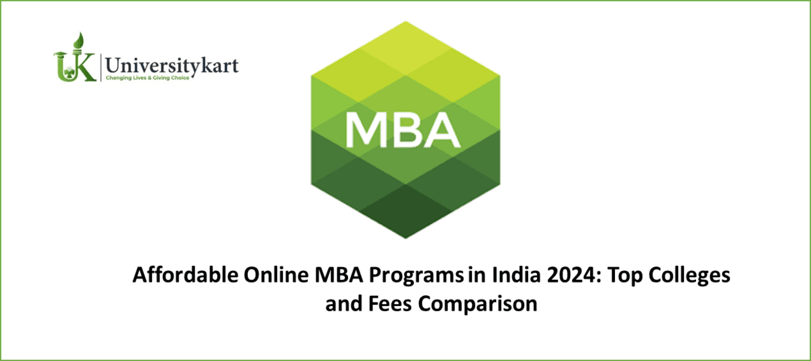
Affordable Online MBA Programs in India 2024: Top Colleges and Fees Comparison
Jun, 28, 2024 Read More
Trending News
View All-
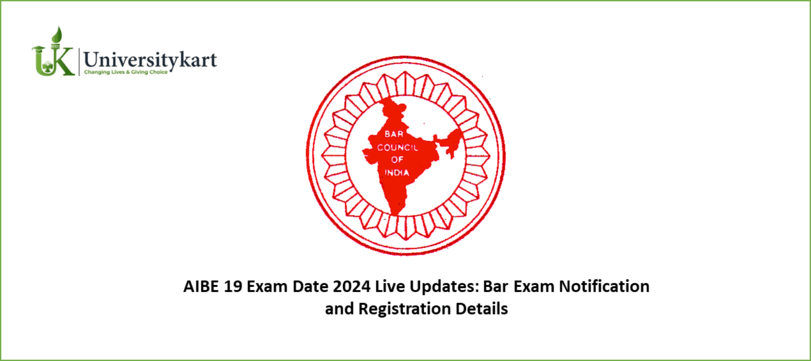
AIBE 19 Exam Date 2024 Live Updates: Bar Exam Notification and Registration Details
Jun, 29, 2024 Read More -

MP ITI Admissions 2024: Check First Seat Allotment & Next Steps for Acceptance!
Jun, 29, 2024 Read More -
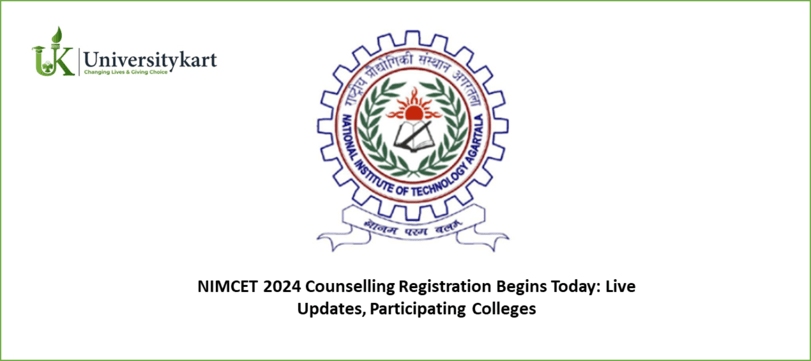
NIMCET 2024 Counselling Registration Begins Today: Live Updates, Participating Colleges
Jun, 29, 2024 Read More -

JENPAS UG 2024 Exam: Live Updates, Check Exam Day Guidelines, Last Minute Tips
Jun, 29, 2024 Read More -

SRMJEEE 2024 Phase 2 Results Out! Download Scorecard & Know Counselling Dates
Jun, 29, 2024 Read More -
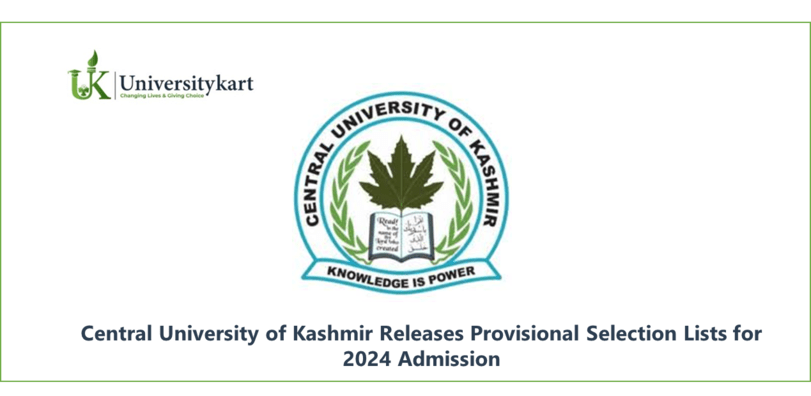
Central University of Kashmir Releases Provisional Selection Lists for 2024 Admission
Jun, 29, 2024 Read More -
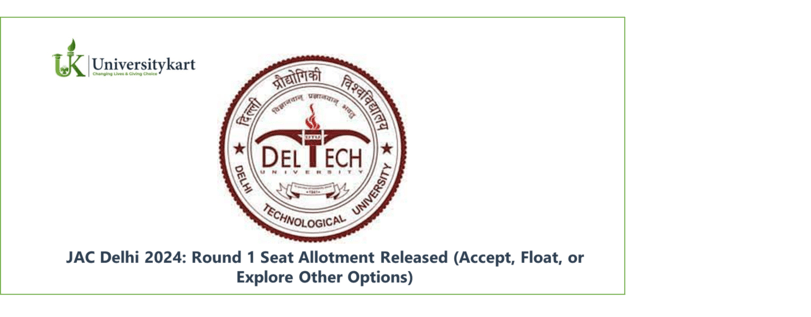
JAC Delhi 2024: Round 1 Seat Allotment Released (Accept, Float, or Explore Other Options)
Jun, 29, 2024 Read More

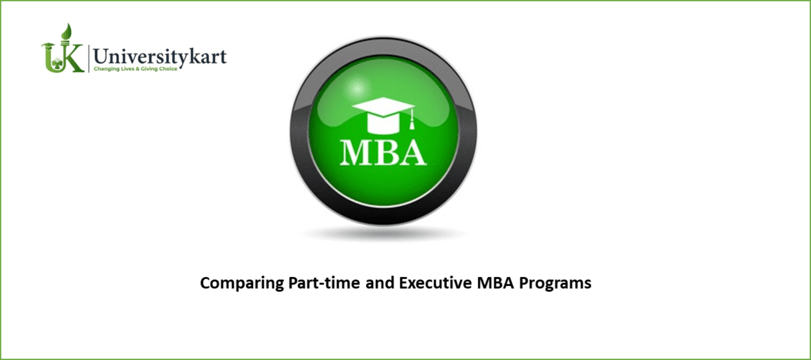



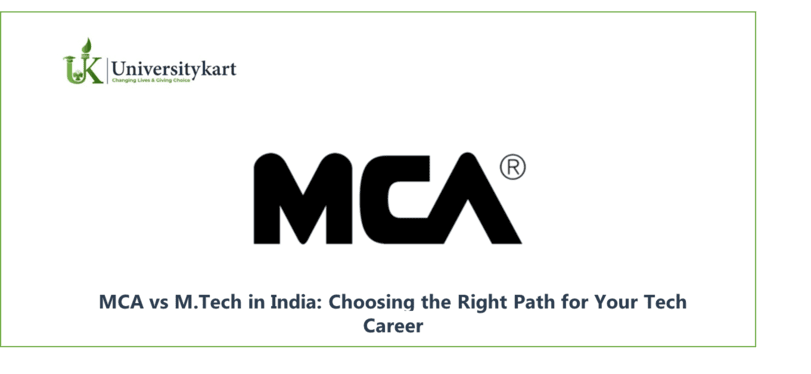

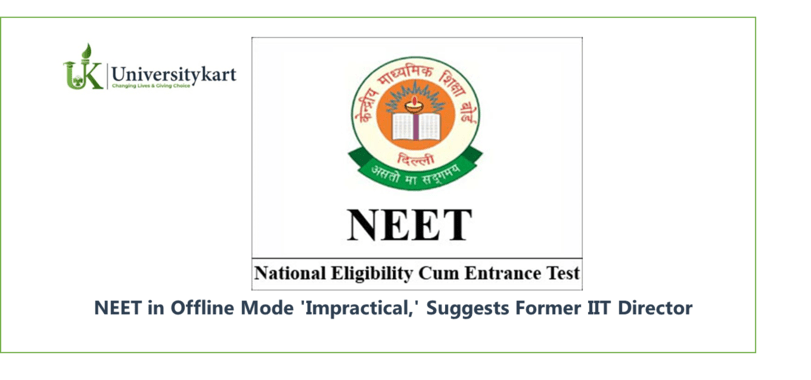


 back
back

